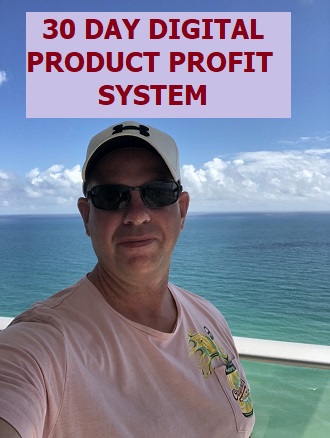One of the easiest ways for anyone to write a book is to start with a current life situation, job or experience you are going through spending a few minutes each day writing about your experiences. In the Ultimate Information Entrepreneur’s Success Package we list this in the top 10 methods of producing your own information-based ebooks and books.
You are about to start a diet, begin by writing how you feel right now, before starting your diet. What are your hopes, goals and what was the breaking point that resulted in you finally taking action.
Next, each day you work your way through the diet, you document what happened, how you felt, where you were most tempted to break the diet.
Now, assume you are heading on vacation or even a business trip, document each step of the way – what it’s like to travel, shortcuts you learn in making travel more effective, less stressful. How do you locate good places to eat? What do you do in your spare time? What were your experiences with major sites if you are on vacation? Do you have kids – what hints could you give other parents on traveling with kids?
Same thing goes for your current job. What could you write about in your current job that would be of interest to others.
Here’s a great example of a policman that wrote a book by simply telling stories throughout his career — "From Police Officer To Author".
There are some very valuable tips given in that article:
- Write your experiences or stories whenever they happen – it’s better to over-write and edit later, so write down (point form) anything that happens even if you are not sure it would be interesting. When you write your book, you can re-organize and edit the information
- Think right now what it is about your job, business, life or experiences that would be of interest to other people. Even if your job is nothing extraordinary, what could you write about your industry or business that would be more interesting?
- Jimmie Davenport (the policeman) decided to tell each experience in the form of a story…people love to read stories or experiences rather than facts. So, where you can, write out your experiences in terms of what actually happened – who, what, where, when and why…those are the key components of stories. Keep the 5 why’s in your head when you consider writing about any experience.
- It took Jimmie several years to finally package his stories into a book…it doesn’t have to take that long, you can package a first-run of your experiences over just a few weeks, release it as your first book or e-book and quickly begin work on a second edition or new experience-based book – don’t think you have to wait this long, you don’t.
There are dozens of ways you can use in writing a book, starting by writing your experiences is one that has been used very effectively, again-and-again to bring non-writers into full-time author status.


